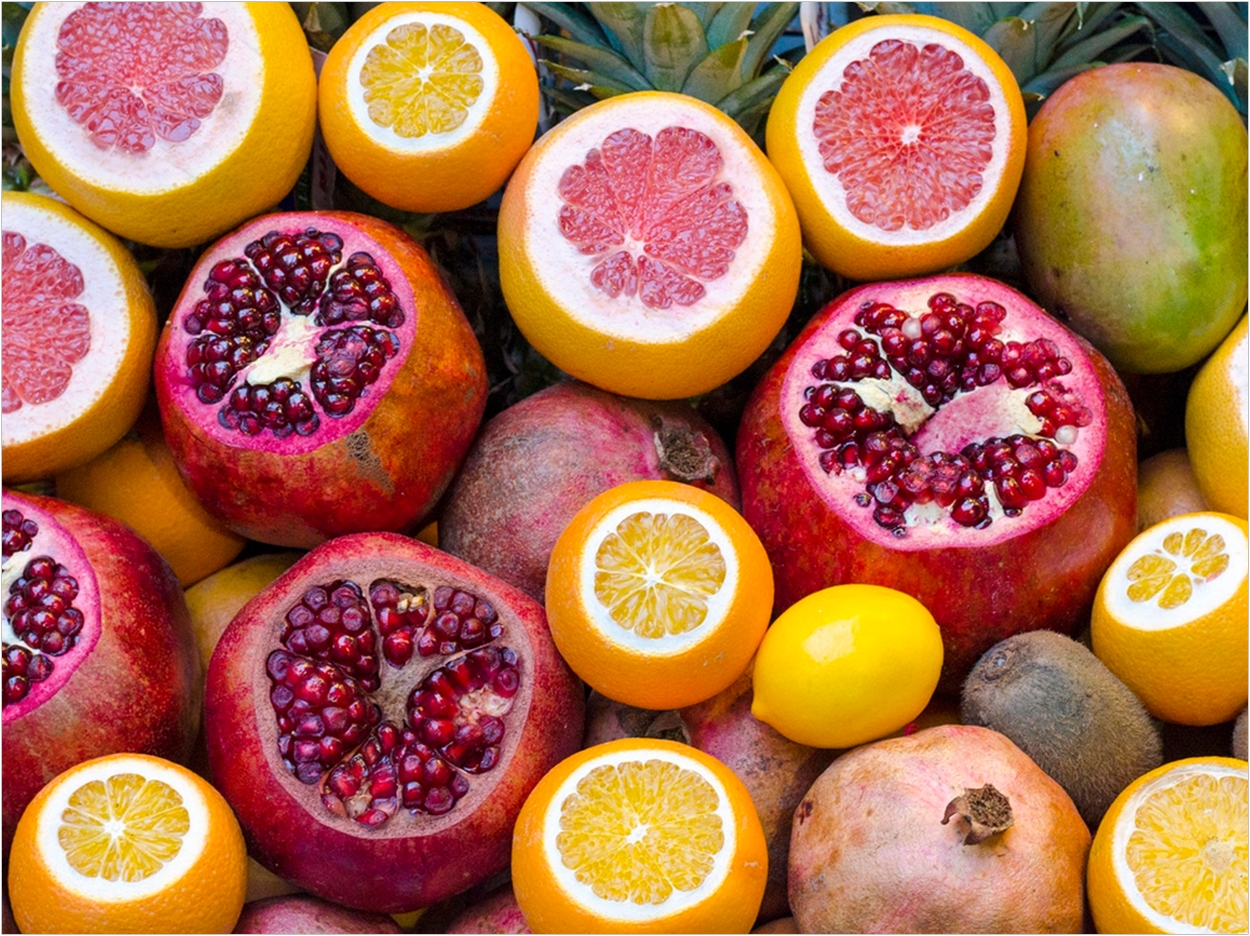
Citric acid and spicy 6-gingerol from ginger not only add flavor to food and beverages, they also stimulate the molecular defenses in saliva, according to the Technical University of Munich (TUM) and the Leibniz-Institute for Food Systems Biology.
In addition to mucosal and immune cells, saliva includes a large number of molecules that perform a wide variety of biological functions including dietary intake and maintaining the health of the teeth, gums, and oral mucosa.
Saliva also is the first bulwark against external pathogens. The antimicrobial molecules in saliva, including the antibacterial lysozyme, are part of the body’s innate molecular immune system.
While age, health, and diet influence saliva’s composition, little is known about the effects of individual food constituents. So, the researchers studied the influence of several flavors on the composition of human saliva:
- Citric acid (sour)
- Aspartame (sweet)
- Iso-alpha acids (bitter)
- Monosodium glutamate (umami)
- Table salt (salty)
- 6-gingerol (spicy)
- Hydroxy-alpha-sanshool (tingling)
- Hyrdoxy-beta-sanshool (numbing)
As the researchers demonstrated by combining salivary flow measurements, proteome analyses, and bioinformatics evaluations, all of these substances modulate the protein composition of saliva to a greater or lesser extent.
Analyses of the biological function of the salivary proteins affected by modulation also showed that the changes triggered by citric acid and 6-gingerol activate the molecular defense system in saliva.
For example, 6-gingerol increased the activity of an enzyme that converts the thiocyanate in saliva into hypothiocyanite, approximately tripling the amount of the antimicrobial and fungicidal hypothiocyanite in saliva. The changes triggered by citric acid, though, caused lysozyme levels in saliva to increase tenfold.
Studies on bacterial cultures have shown for the first time that this increase is sufficient to almost completely prevent the growth of Gram-positive bacteria. Lysozyme acts against this type of bacteria by destroying their cell walls.
“Our new findings show that flavoring substances already display biological effects in the oral cavity that go far beyond their known sensory properties,” said Thomas Hofmann, PhD, chair of food chemistry and molecular sensory science at TUM.
One of the goals of food systems biology is to further investigate these effects, Hofmann said. In his opinion, this is the only way to find new approaches for the long-term production of food whose ingredient and function profiles are aligned with the health and sensory needs of consumers.
The study, “Dynamic Proteome Alteration and Functional Modulation of Human Saliva Induced by Dietary Chemosensory Stimuli,” was published by the Journal of Agricultural and Food Chemistry.
Related Articles
Tiny Sensor Detects Cavities by Measuring pH Levels
Sugar-Free Drinks Are Bad for Teeth, Too
People With Caries Have More Organic Components in Their Saliva












